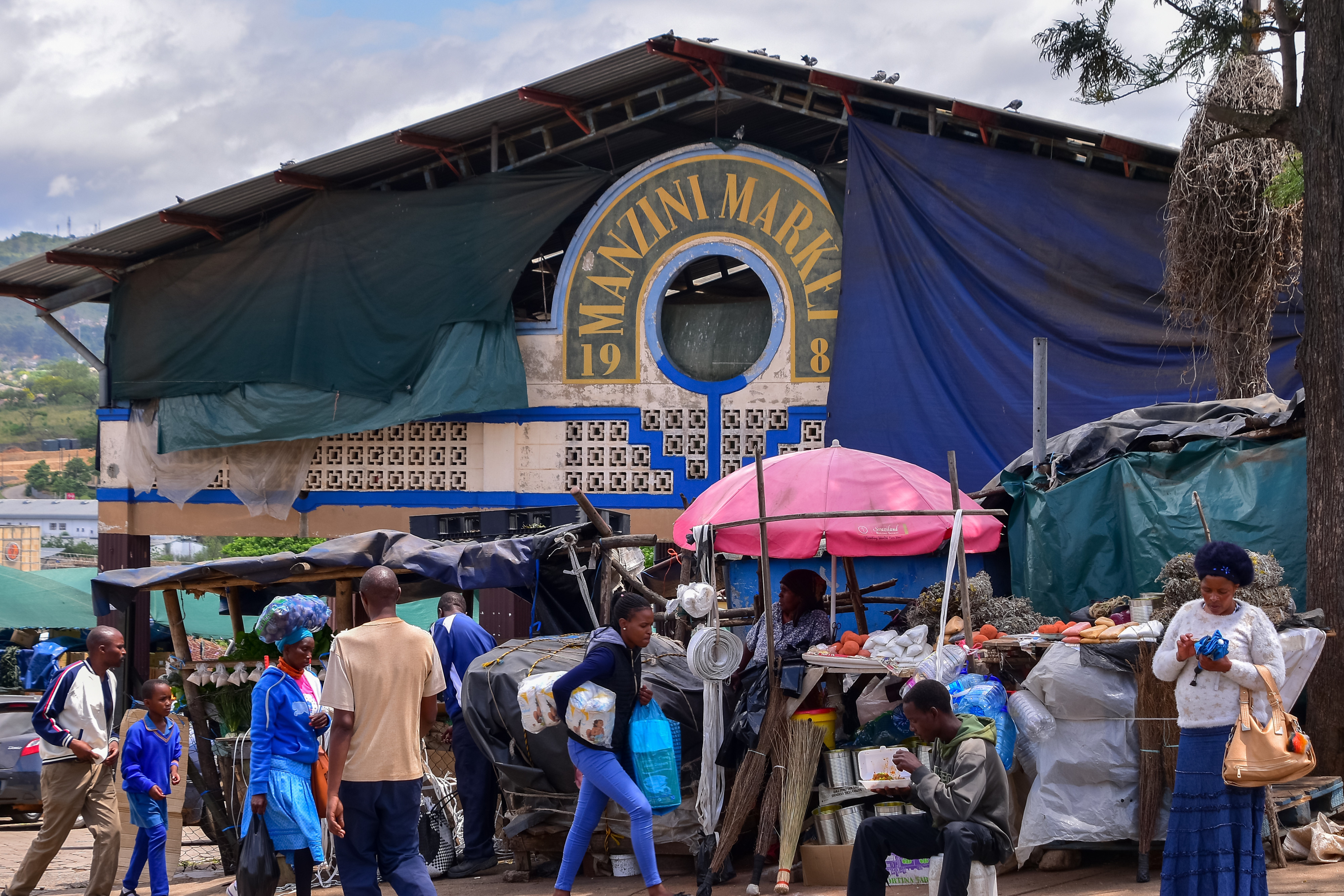Eswatini: Will the unprecedented protests bring the absolute monarch to his knees?

Event
In June 2021, anti-monarchy protests broke out following the death of a young pro-democracy activist and a popular push for a democratic election of the next prime minister (PM) and government. As a reaction, demonstrations were banned under the ‘Suppression of Terrorism Act’, which led to violent crackdowns on protesters by security forces. On 29 June, unconfirmed reports appeared, stating that King Mswati III had fled the country after the protests further spread to rural areas. The unprecedented vigour of the pro-democracy movement together with the uncertainty about the king’s location could indicate that shifts in the political landscape are eminent.
Impact
Eswatini (formerly known as Swaziland) is Africa’s only absolute monarchy. It is virtually a non-party state with King Mswati III holding unchallenged power. The monarchy has ‘advisory committees’ that overpower the government and exist mainly of family members of the king. In December 2020, PM Dlamini died of Covid-19 and his deputy took over until the king appointed a new PM. The gloomy economic conditions and worsening food insecurity related to Covid-19 lockdown measures, gave additional strength to the anti-monarchy movement that demanded for the new PM and government to be elected instead of appointed by royal decree. Against all expectations, the subsequent protests did not remain confined to cities and spread across the country, reaching an unprecedented magnitude. Even if King Mswati III manages to maintain his position, he will be forced to at least accept certain democratic reforms. Either way, a full oppression of the protests seems unlikely at this stage, especially given the growing international support (particularly from South Africa).
Despite the near-term risks related to the uncertainty and a violent crackdown, democratic reforms should have a positive impact on general political stability in the longer term as the current system conceals a constant simmering risk for surfacing civil discontent. For the time being, Credendo continues to classify Eswatini’s short-term political risk in category 4/7 and the medium- to long-term political risk in category 5/7.
Analyst: Louise Van Cauwenbergh - L.VanCauwenbergh@credendo.com